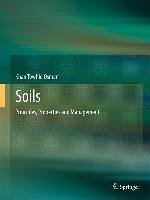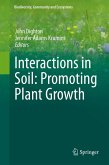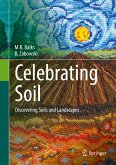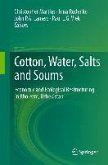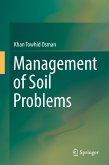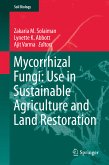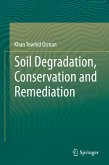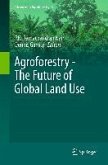- the origin, development and classification of soil
- physical, chemical and biological properties of soil
- water and nutrient management
- management of problem soils, wetland soils and forest soils
- soil degradation
Further, the ecological and agrological functions of soil are emphasized in the context of food security, biodiversity and climate change. The interactions between the environment and soil management are highlighted. Soil is viewed as an ecosystem itself and as a part of larger terrestrial ecosystems.
Dieser Download kann aus rechtlichen Gründen nur mit Rechnungsadresse in A, B, BG, CY, CZ, D, DK, EW, E, FIN, F, GR, HR, H, IRL, I, LT, L, LR, M, NL, PL, P, R, S, SLO, SK ausgeliefert werden.
"This book is an introductory course resource for soil science curricula. ... This work is unique in that more emphasis is placed on soil management than in many introductory soils textbooks. The global context provided is also worth noting. The style is clear, and the text is generally easy to read ... . Summing Up: Recommended. Upper-division undergraduates through professionals." (J. R. Reeve, Choice, Vol. 50 (11), July, 2013)

